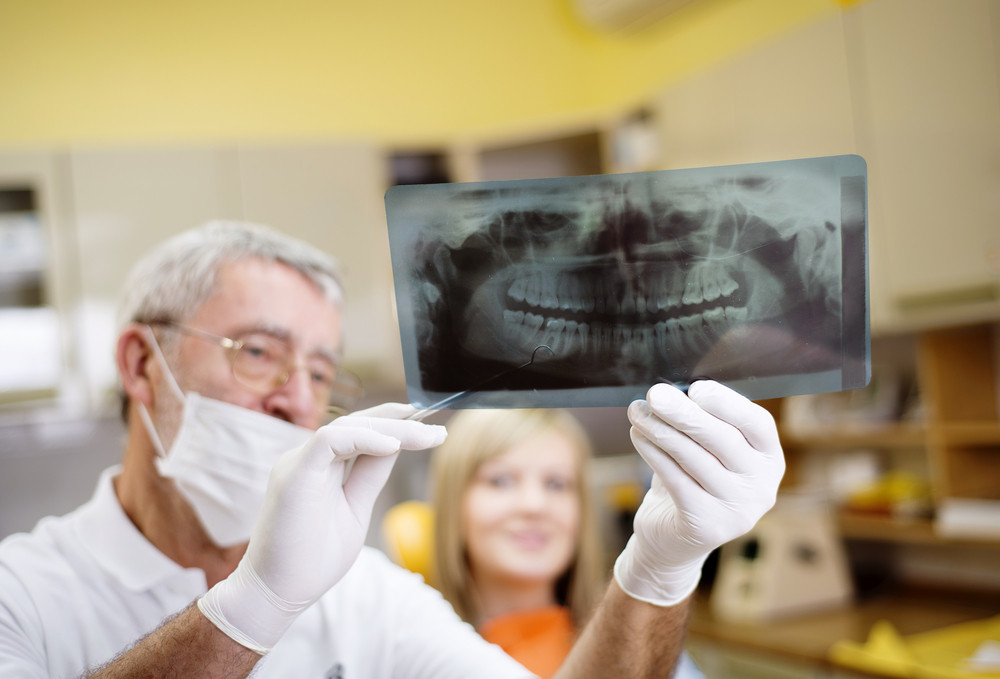How Much Do You Really Know About Taking Care of Your Teeth?

Teeth. We eat with them, and we smile with them.
But how much do we really know about taking care of them?
1. Super sour food/drink is as bad as super sweet food/drink.
Sugar sits high atop the throne of dental villains, and if sugar is king, sour foods are queen. Acidic foods with low pH levels (like sour candy, soft drinks, and fruit juices) will soften teeth, which can lead to enamel erosion and tooth decay. Children and adults alike should stay away from food items and candies with high levels of citric acid — no acid is good for your teeth per se, but citric acid is the worst culprit.
Keep in mind that this is especially true for children, as their enamel is not mature until ten full years after teeth break the surface of the gum line.
While we don’t expect that you’ll never again drink orange juice, or consume sugary foods, just be smart about it. Try to drink water and consume these during mealtime, not only will the presence of other foods minimize the effects of the acid, so, too, will the extra saliva produced. You might even choose to brush your teeth with baking soda from time to time, as this has been found to neutralize acid and acid-loving bacteria in the mouth.

2. Enamel is very strong, and very weak.
Here’s a little dentistry trade secret: We’re not a fan of ice, popcorn, and lip piercings. Enamel is very strong, but it’s also can be quite weak when abused. Imagine chewing on a stone: That’s what happens when you bite down on a popcorn kernel. Truly. Ice is brittle. And metal, well — metal is metal. Anyone of these could easily cause a dental emergency, so be careful!
Tooth enamel is very strong, the hardest tissue in the human body actually, but it’s also quite susceptible to damage. Very sweet and very sour food items can erode enamel, and infect your teeth; popcorn kernels, ice and metal jewelry chip away at enamel, and then the tooth itself.
You only get two sets of teeth; you’ve got to take care of them.
3. Too much fluoride is bad for your teeth.
Fluoride is important for healthy teeth, right? Right. But when young children consume large amounts of this chemical substance, a condition known as fluorosis sometimes occurs. Fluorosis causes white spot stains on the teeth that sometimes turn brown, and that’s just something no one wants to have to live with.
Too much fluoride can also lead to teeth that are porous and more susceptible to erosion and decay. The American Dental Association has, since 1950, recommended that community water supplies be fluoridated because of its positive qualities, so the best way to prevent fluorosis in children under the age of eight is to make sure they don’t swallow toothpaste.
Habits That Harm Your Teeth
- Poor Oral Hygiene
- Skipping brushing and flossing allows plaque to build up, leading to decay and gum disease.
- Nail Biting
- Can chip teeth and stress the jaw.
- Using Teeth as Tools
- Opening bottles or packages with your teeth risks chips, cracks, or damage to dental work.
- Grinding and Clenching (Bruxism)
- Wears down enamel, causes sensitivity, and can lead to jaw pain or cracked teeth.
- Frequent Snacking
- Constant eating, especially sugary or starchy snacks, gives bacteria more time to produce acid.
- Skipping Dental Visits
- Missing regular cleanings and checkups can allow issues like cavities or gum disease to progress unnoticed.
- Smoking and Tobacco Use
- Stains teeth, increases the risk of gum disease, and contributes to oral cancer.
It’s important to keep up with routine visits to our dentists, so book your appointment at Loudoun Dental Associates today.

